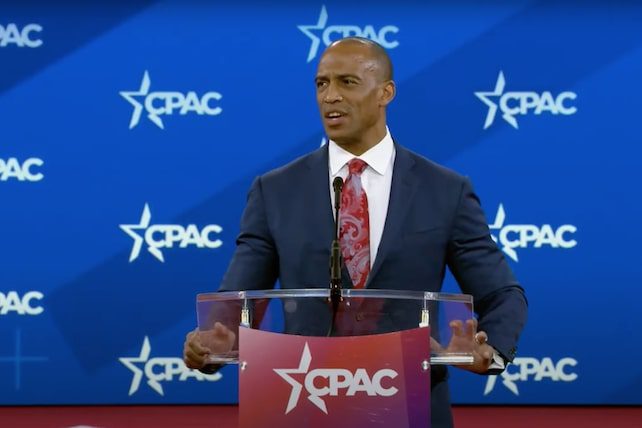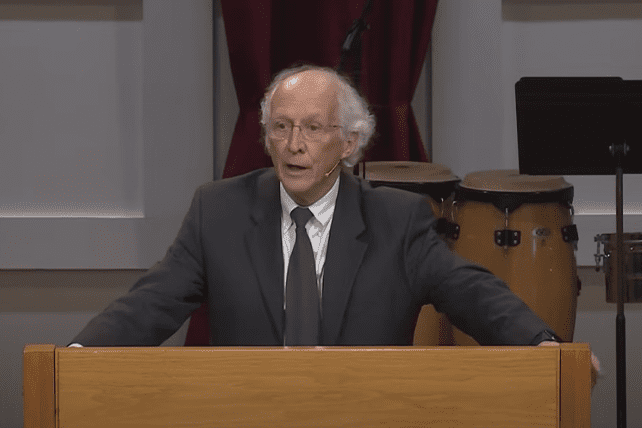Ministering to grandparents raising grandchildren is necessary these days. If you’re like me, your children’s ministry has kids being raised by their grandparents. Also like me, you may have this happening in your own extended family.
This type of family situation is occurring more and more often. Many reasons are behind the trend. But the bottom line? Both the kids and the grandparents need our encouragement and help.
Kids who live with grandparents may have very different home lives from some of their peers. They may be less involved in extracurricular activities, because their grandparent can’t drive at night or is less able to take them places. They may also live under more financial restrictions, for instance if the grandparents depend on Social Security.
These kids may have minimal contact from their actual parents, or none at all. That can make them feel left out, always looking for love they feel is missing. Grandparents may feel overwhelmed, exhausted, and at a loss for how to help the children they’re raising.
What can we do to help both the children and their grandparents cope, and even thrive, in their family situation? First we must continually point them to Jesus, who loves them regardless of their age or home life. To do that, we need to speak into everyone’s lives with the truth of the gospel.
Family ministry is especially beautiful for this kind of family. It bridges age groups with opportunities to worship, study, and fellowship together.
Ministering to Grandparents Raising Grandchildren
Follow these tips to reach and support these special families:
- Always keep your promises. All too often, parents have made and then broken promises to these kids. This is a great opportunity to share how God always keeps his word.
- Form support groups for custodial grandparents, or guide them to one nearby. Give them a night off by hiring a babysitter.
- Help children find friends within your group who live in a similar situation. Then they’ll see they aren’t as different as they may feel.
- Include grandparents in every Mother’s Day, Father’s Day, and parent event.
- Show kids examples of Bible people who weren’t raised by their own parents. (Esther, for example)




























